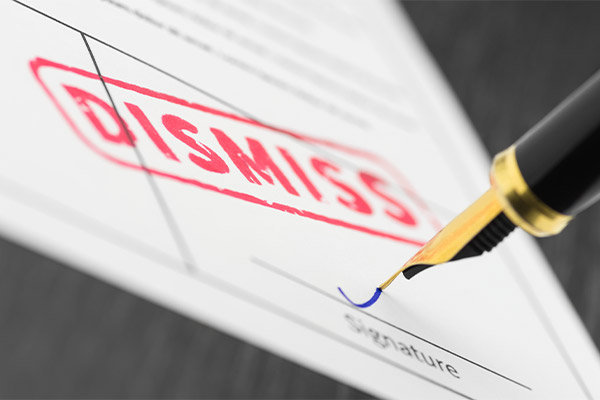Introduction
Financial difficulties can strike anyone at any time, and when they do, it’s essential to understand your options for recovery. Chapter 13 bankruptcy is one such option that can provide individuals with a path towards financial stability. In this article, we will delve deep into Chapter 13 bankruptcy, explaining what it is, how it works, who qualifies, and the impact it can have on your financial life.
What is Chapter 13 Bankruptcy?
Chapter 13 bankruptcy, often referred to as “wage earner’s bankruptcy,” is a legal process that allows individuals with a regular income to create a structured plan to repay their debts over a specified period, usually three to five years. Unlike Chapter 7 bankruptcy, which involves liquidating assets to pay off debts, Fun lovin criminals Chapter 13 enables you to retain your property while gradually settling your obligations.
Who Qualifies for Chapter 13 Bankruptcy?
Not everyone is eligible for Chapter 13 bankruptcy. To qualify, you must have a stable source of income and an unsecured debt total below a specific threshold, which can vary depending on your state’s laws. It’s crucial to consult with a bankruptcy attorney to determine if you meet the eligibility criteria.
The Benefits of Chapter 13 Bankruptcy
Chapter 13 offers several advantages, including:
- Debt Repayment: You can develop a manageable repayment plan.
- Asset Protection: Your property is generally safe from liquidation.
- Halt on Foreclosure: It can stop home foreclosures and car repossessions.
- Creditors’ Harassment: Creditors must cease collection efforts.
How Does Chapter 13 Bankruptcy Work?
Once you’ve filed for Chapter 13 bankruptcy, an automatic stay is issued, halting all collection actions creditors. You then work with a bankruptcy trustee to create a repayment plan, which outlines how you’ll repay your debts over the agreed-upon period.
The Chapter 13 Repayment Plan
Your repayment plan will detail how much you’ll pay each month and how your debts will be prioritized. Secured debts, like mortgages and car loans, often take precedence, while unsecured debts, such as credit card debt, may be partially or fully discharged at the end of the plan.
Protecting Your Assets
Chapter 13 bankruptcy allows you to protect your assets, but you must ensure they are accounted for in your repayment plan. Exemptions and the guidance of your attorney can help safeguard your property.
The Role of the Trustee
A bankruptcy trustee is appointed to oversee your case and ensure your repayment plan is executed correctly. They collect your payments and distribute them to your creditors according to the plan.
Creditors and Chapter 13
Your creditors have the opportunity to review and approve your repayment plan. While they can object, the court will ultimately decide if the plan is fair and feasible.
Completing Your Chapter 13 Plan
Once you’ve successfully completed your repayment plan, any remaining eligible unsecured debts may be discharged. This marks the end of your Chapter 13 bankruptcy journey.
Credit Score and Chapter 13
While Chapter 13 will impact your credit score, it allows you to demonstrate a commitment to repaying your debts. Over time, as you make on-time payments, your credit score can gradually improve.
Life After Chapter 13
Emerging from Chapter 13 bankruptcy offers a fresh financial start. You can begin rebuilding your credit and working towards a more stable financial future.
Common Myths About Chapter 13 Bankruptcy
Let’s debunk some common myths:
- Myth 1: You’ll lose all your assets.
- Myth 2: Chapter 13 ruins your credit forever.
- Myth 3: Filing for Chapter 13 is a sign of financial failure.
Conclusion
Chapter 13 bankruptcy can be a lifeline for individuals facing overwhelming debt. It provides a structured path to regain control of your finances, protect your assets, and work towards a brighter financial future.




